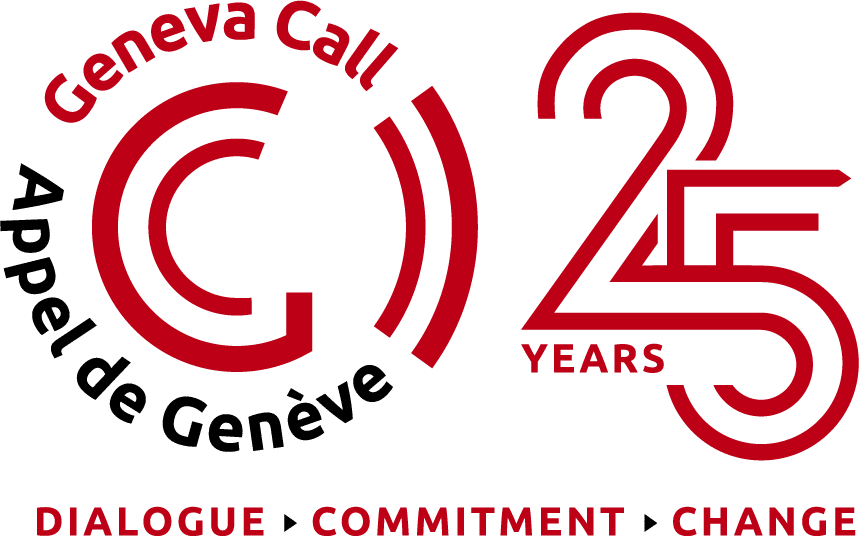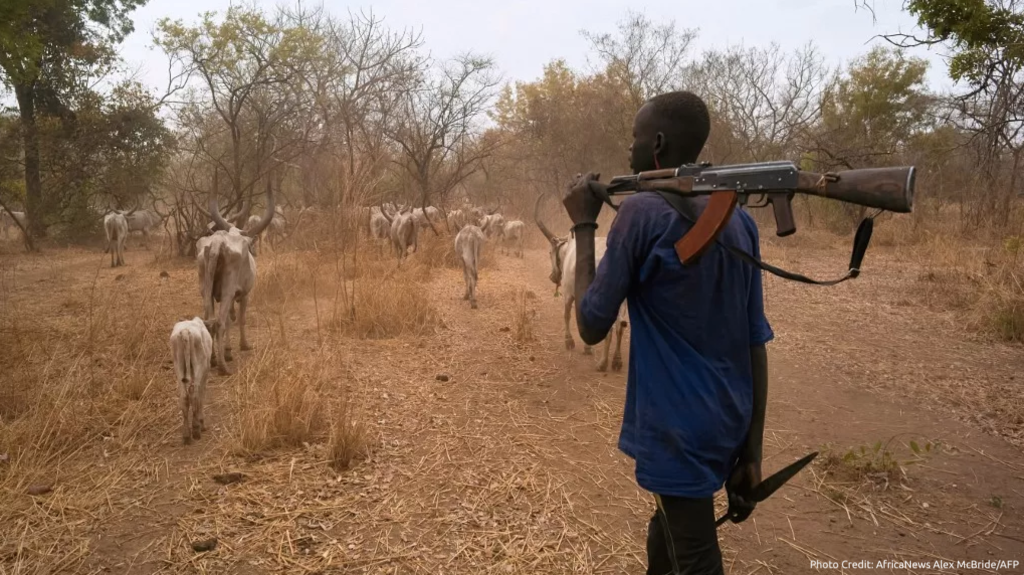
Civilian protection upheld in South Sudan cattle raids after armed groups apply IHL training
21 December 2023
The gelweng in South Sudan are cattle keepers responsible for protecting the livestock of the Dinka tribe. Due to the unstable security and political landscape, these groups have taken up arms and continue to conduct cattle raids throughout the Warrap State, a common practice in pastoral societies in which groups steal cattle to increase their wealth. Sadly, these cattle raids very commonly include attacks against civilians. While cattle herder violence in South Sudan can and does take place autonomously, it is also routinely instrumentalized as a tool in a larger struggle for power.
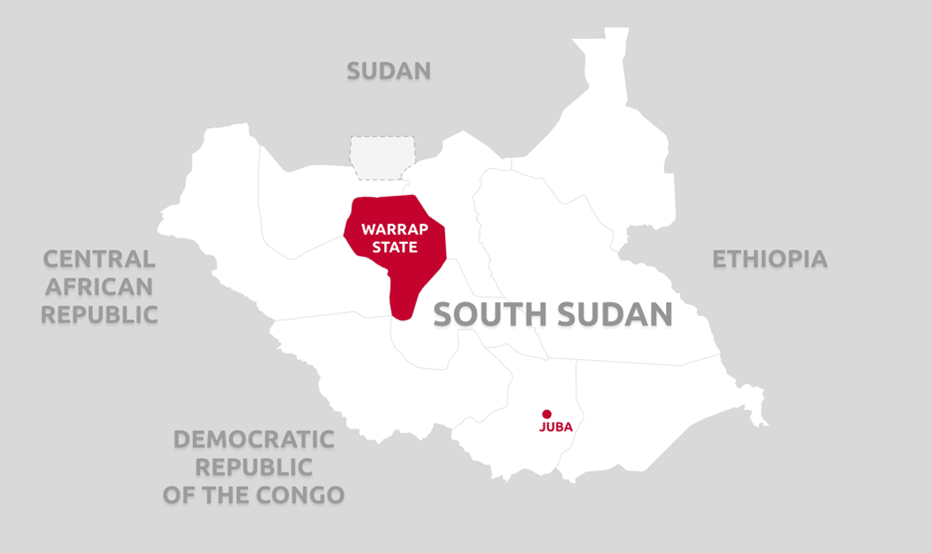
One of these armed cattle raids led to an astonishing 132 individuals killed and an additional 78 injured; other gelweng clashes commonly involve even higher casualties. In this unsettled political landscape, which does rely on community-based armed actors to fill in some of its political and security gaps, it is crucial that the gelweng are educated on international humanitarian norms in order to enhance the protection of civilians.
Geneva Call has been working with the gelweng in the South of Warrap State for several years. These interventions have included working with local authorities to get access to the communities; providing training on international humanitarian norms and the protection of civilians to community members with an emphasis on elders, religious leaders, and civil society organizations; and training the gelweng members themselves to positively influence their behavior towards civilians. This work advanced last month when Geneva Call facilitated the signature of three Unilateral Declarations by gelweng leaders from three different payams (towns) on the protection of civilians, in particular children, women, and displaced people, and of civilian objects indispensable for the survival of the population. The protection of civilians is at the very core of respecting international humanitarian law principles, and engagement with, rather than alienation of, armed groups who control civilian-populated territories is at the very core of Geneva Call’s work.
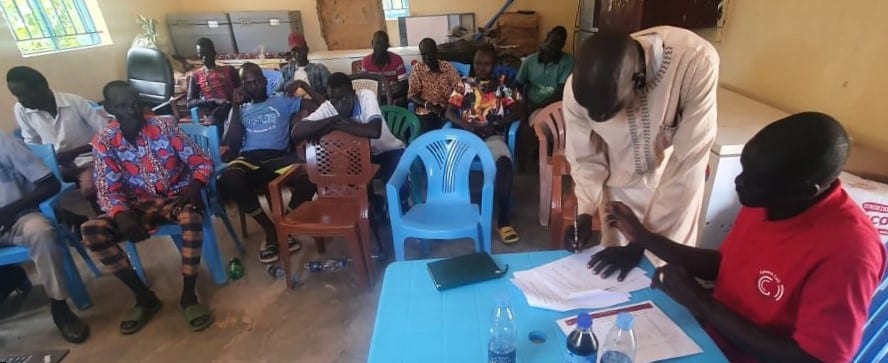
During the signing ceremony of these three Unilateral Declarations, gelweng members were already able to share success stories illustrating just how effective Geneva Call’s training and advocacy sessions were in inspiring long-lasting behavioural change in the armed groups’ actions. One gelweng leader told us, “unlike in the past, when we go raiding, we cleared everything we came across, but not anymore.” The County Chairman at the signing ceremony said, “Our grandfathers did not kill women and children, nor do they burn houses when they fight,” before requesting the Geneva Call team to work in new payams. Another gelweng leader told us that they were applauded by community elders after a particular cattle raid where the group came across a number of elderly and children in the village and did not touch them; instead, they just followed the cattle because their interests were in the cattle and nothing else. Thanks to Geneva Call’s trainings, they understood their legal obligation to protect civilians.
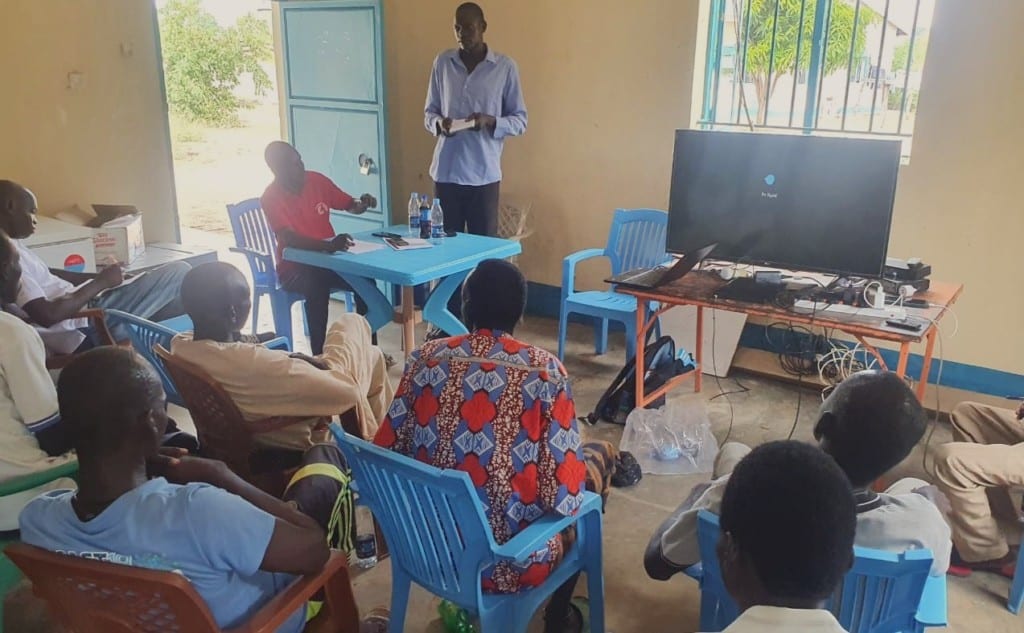
Given the apparent success of Geneva Call’s work with these armed actors the groups’ enthusiasm for Geneva Call to continue providing these trainings in parallel with advocacy for their behavioral change, Geneva Call is highly hopeful about the impact of its engagement in South Sudan. These testimonies show evidence that violence against civilians during cattle raids has already decreased.
Ranjan Poudyal, Geneva Call’s Country Director in South Sudan, praised the positive results in the South of Warrap State and underscored the crucial role that community engagement plays in shaping the conduct of such community-based armed actors. “Geneva Call has been engaging with the gelweng for years now. We are truly pleased to see real changes in their behavior upholding the protection of civilians. Not destroying communal properties, dignified treatment of women and girls, and not harming the wounded. These small changes transform cattle raids and civilian protection in these regions.”
Cover photo: © africanews, ALEX MCBRIDE/AFP
